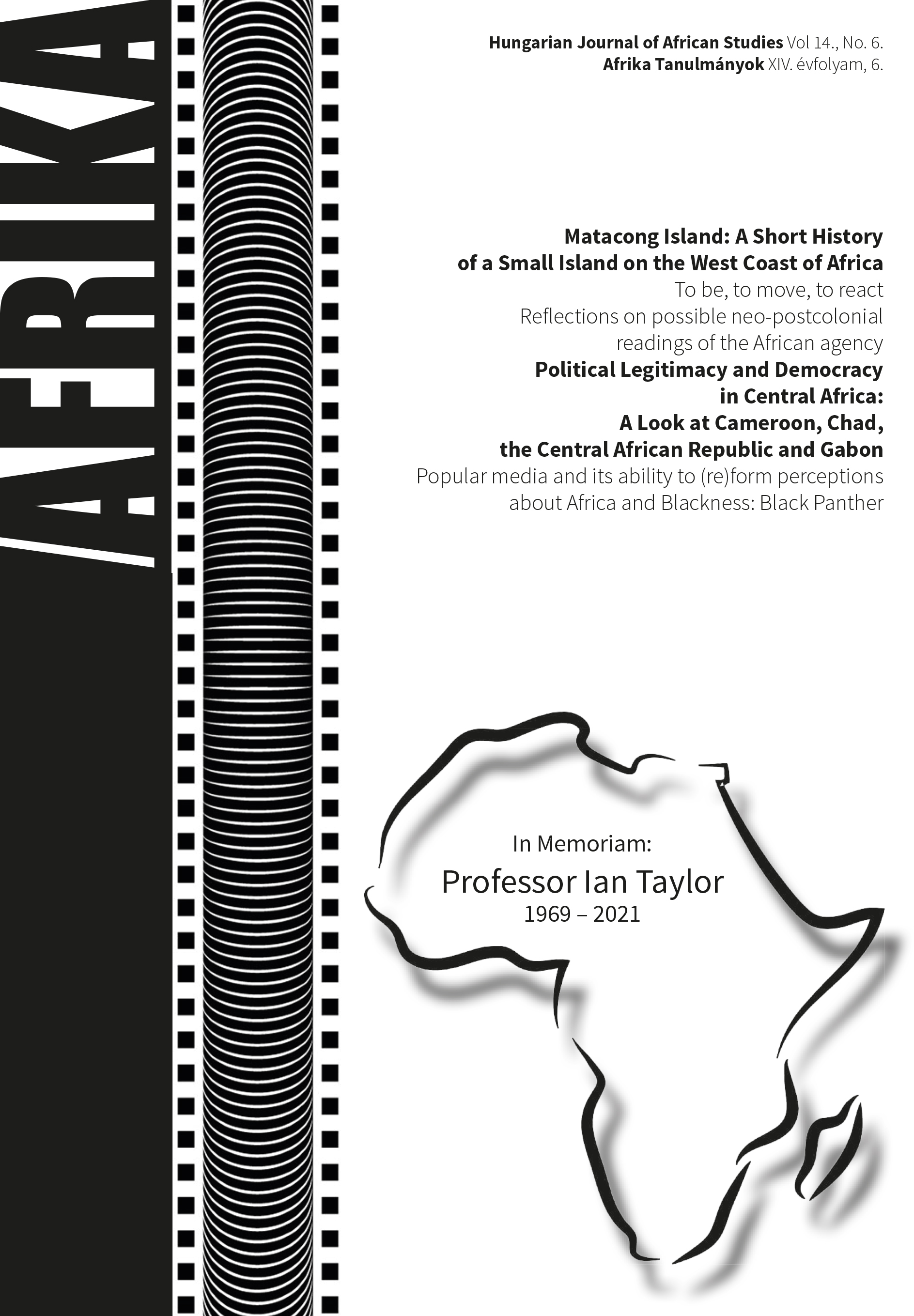Popular media and its ability to (re)form perceptions about Africa and Blackness: Black Panther
DOI:
https://doi.org/10.15170/AT.2020.14.6.4.Keywords:
Black Panther, Afrofuturism, Blackness, Africa, neocolonialism, popular mediaAbstract
This reflection essay, with the help of studying Black Panther, describes how popular media form or potentially reform our perceptions about Africa and Blackness. The introduction creates a base for understanding the movie’s place in public opinion and how critics have reviewed it; and raises the issues that are to be addressed. Reflecting upon Asante & Pind’s paper, the analysis starts with Africa’s (Wakanda) portrayal and how it reinforces certain stigmas and stereotypical thinking, but at the same time how the afrofuturistic setting offers to change our presumptions and helps to create a possibly better future for Black people by imagining an Africa, unaffected by Western colonialism. The characters are also flashed out, putting more emphasis on the main heroes: T’Challa and Killmonger. I examine their personalities, actions and where they come from, elaborating on the problematic aspects of the message these convey by feeding us the same reoccurring Hollywood storylines behind black character masks. Ultimately, I ask the question: Does Black Panther deserve to be called a milestone for Black people in cinema or is it just another form of white exploitation?


